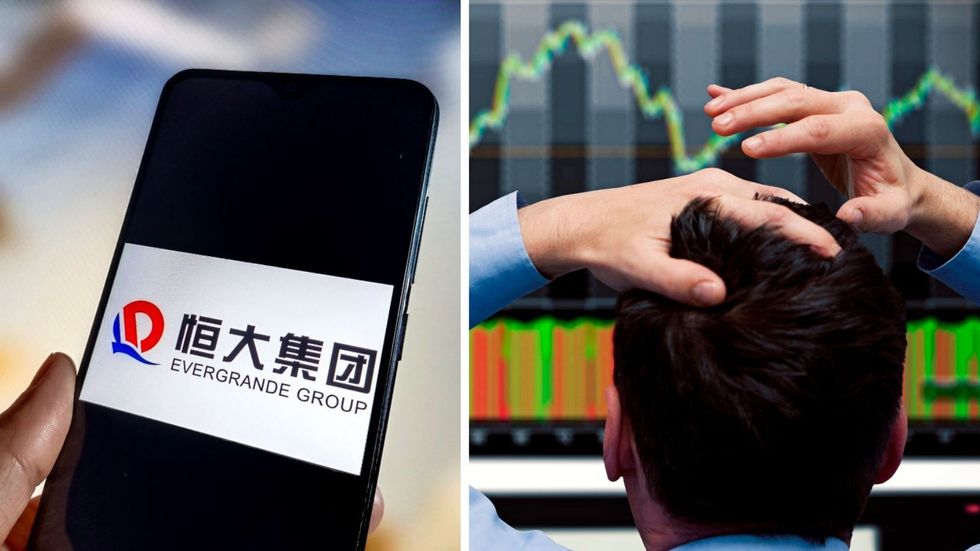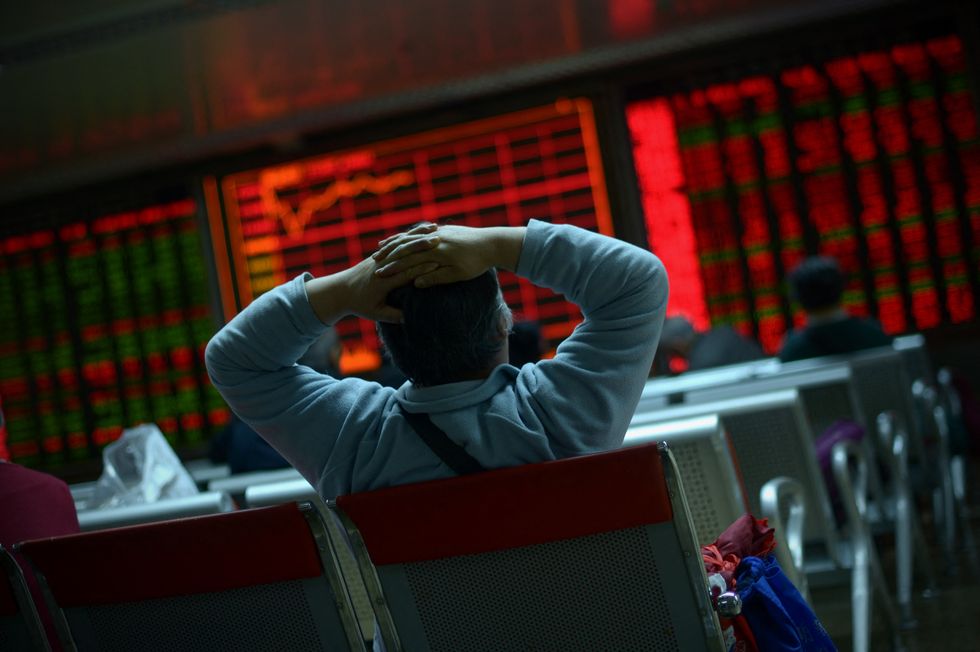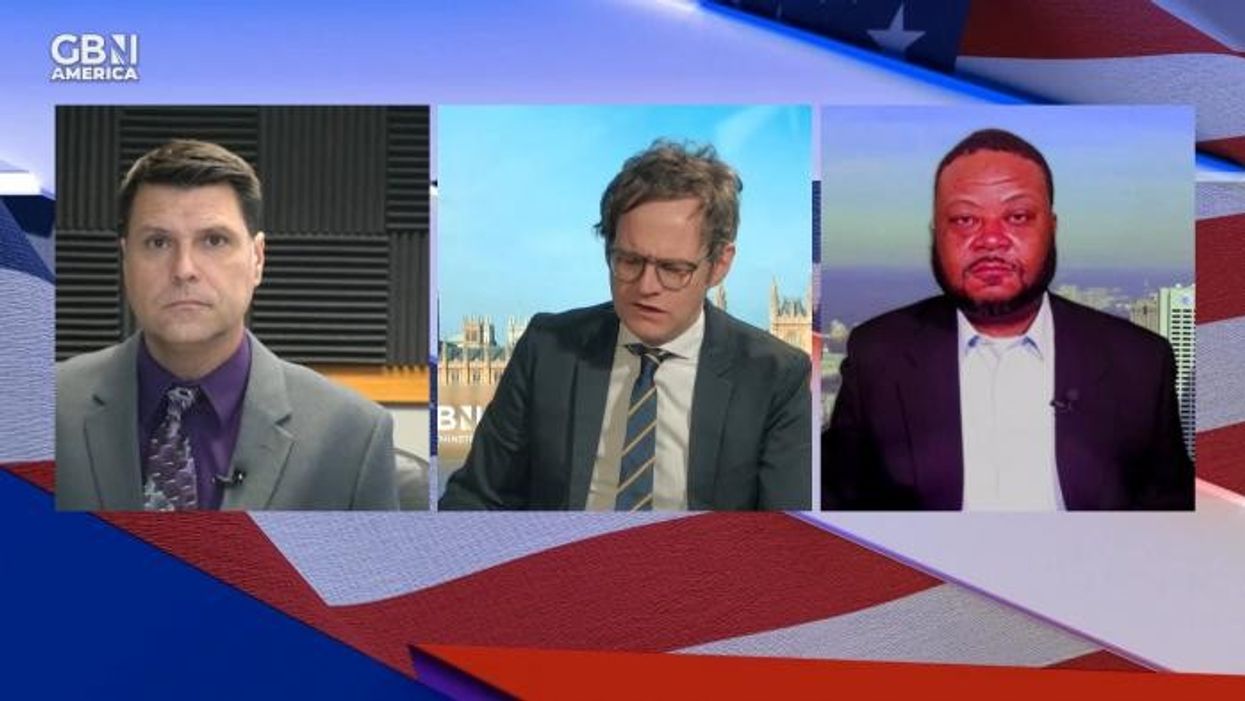Economists are warning of the potential ramifications of Evergrande’s collapse on the wider market
Don't Miss
Most Read
Trending on GB News
A Hong Kong judge has ordered the world’s most indebted property developer to liquidate in a decision experts believe will have a wider “snowball effect” on the wider economy. China Evergrande Group, which has about $300billion in liabilities, was unable to convince the court it had a sufficient restructuring plan to get out of debt after a 18-month hearing, despite seven extensions.
The company still has the opportunity to appeal but Justice Linda Chan said “it is time for the court to say enough is enough” in her ruling earlier today. The initial liquidation petition was put forward by investor Top Shine 2022 which accused the developer of failing to honour an agreement to purchase shares it had bought in the subsidiary.

The Chinese property giant's liquidation could have ‘snowball effect’ on market
GETTY
Hong Kong-listed shares of Evergrande plummeted a fifth before trading was halted on Monday morning.
As a result, the company currently has a market value of less than $300million with shares down 99 per cent from highs seen in 2020.
Liquidations usually offer companies the opportunity to sell their assets and repay a portion of their debts. However, the process for Evergrande is expected to be more drawn out.
The company asserts only its Hong Kong operations were affected by the ruling, with the territory having a separate legal system to mainland China.
However, the Chinese Government has become more influential on Hong Kong’s legal system in recent years with analysts unsure how the ruling will play out amid the Chinese Communist Party’s debt crackdown.
Almost $6trillion has been wiped off China and Hong Kong stocks since their most recent peak three years ago.
Currently, overall household, government and corporate debt is the equivalent of more than 300 per cent of annual economic output.
Many sectors of China's economy, including real estate which accounts for a quarter of output, are reeling from the resulting economic slowdown.
LATEST DEVELOPMENTS:

China's market has plunged with the Communist Party being forced to take action
GETTYGary Ng, a senior economist at Natixis, said: “It is not an end but the beginning of the prolonged process of liquidation, which will make Evergrande's daily operations even harder.
“As most of Evergrande's assets are in mainland China, there are uncertainties about how the creditors can seize the assets and the repayment rank of offshore bondholders, and the situation can be even worse for shareholders. Investors will be concerned about whether there will be a snowball effect on other developers as the queue to liquidation is long.”
The majority of Evergrande’s creditors are domestic with many overseas creditors having already written off or written down the value of their holdings. Despite this, the way in which offshore investors will be treated in the liquidation process will be under tight scrutiny.
Shawn Siu, the chief executive of Evergrande chief, told Chinese news outlet 21Jingji that the company feels "utmost regret" at the judge’s order.
He said: “The group's domestic and overseas units are independent legal entities. If affected, we will still make every effort to ensure the smooth advancement of risk resolution and asset disposal, and we will still make every effort to advance all work fairly and in accordance with the law.”









